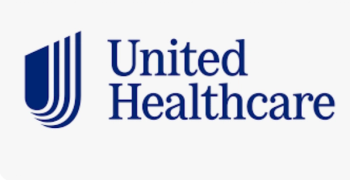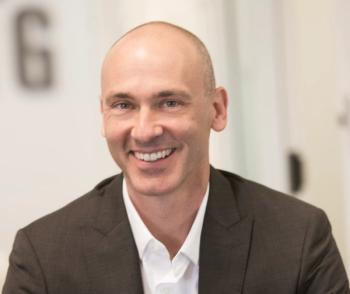
State of the Industry 2010: pent up demand
State of the industry survey results
"There are two reasons that you'll see an increase in utilization, and they're different, but related," says Peter Kongstvedt, principal of the P.R. Kongstvedt Company, LLC, a consulting firm for healthcare executives.
First, he says, the 10% to 15% bulge parallels the percentage of uninsured, who, presumably, will seek treatment for medical conditions for which they previously had no coverage.
Those who are relatively healthy won't create much pent-up demand, says Kongstvedt, and whatever they pay in premiums is going to be redistributed.
The second reason for increased utilization could be from what's known as a "moral hazard," he says. While people with car insurance are not induced to get into accidents and file claims simply because they have coverage, people with health insurance will be induced to seek out medical services, which increases the number of claims. Because they no longer bear the entire cost of care, they have an added incentive to ask for more expensive services, says Kongstvedt.
"In a sense, 'health insurance' is the wrong term," says Kongstvedt. "It's healthcare financing."
Many predict the rise in coverage and resulting increased demand will further strain primary care shortages, causing long waits to obtain appointments.
Newsletter
Get the latest industry news, event updates, and more from Managed healthcare Executive.























